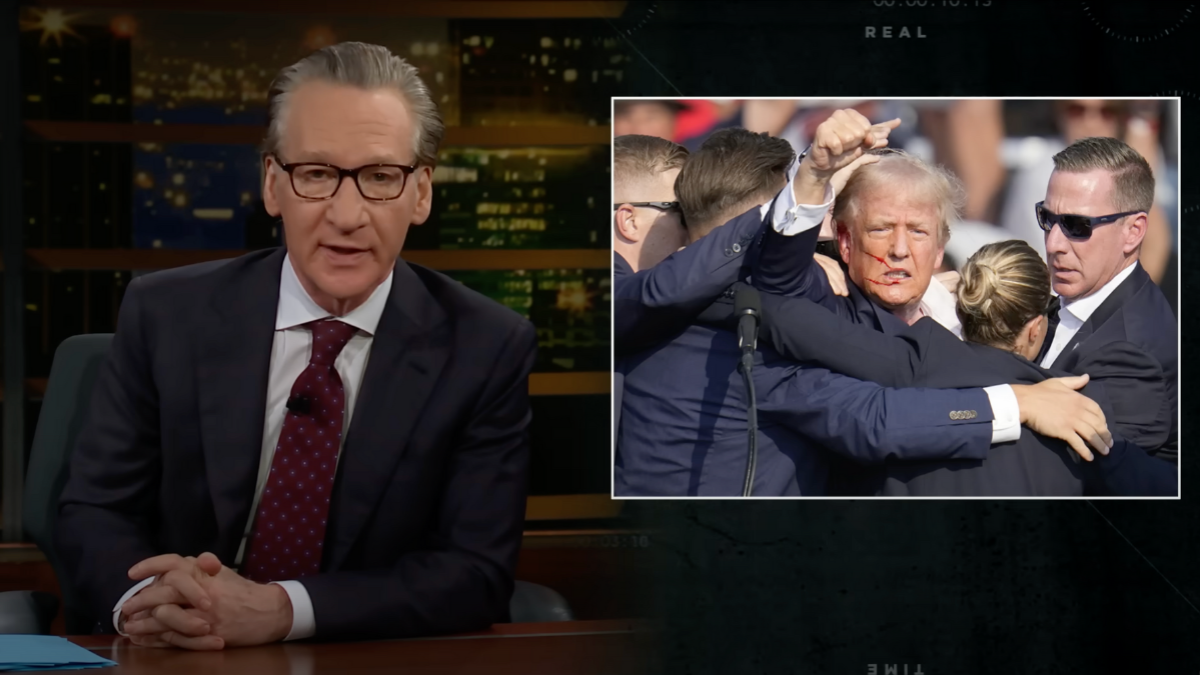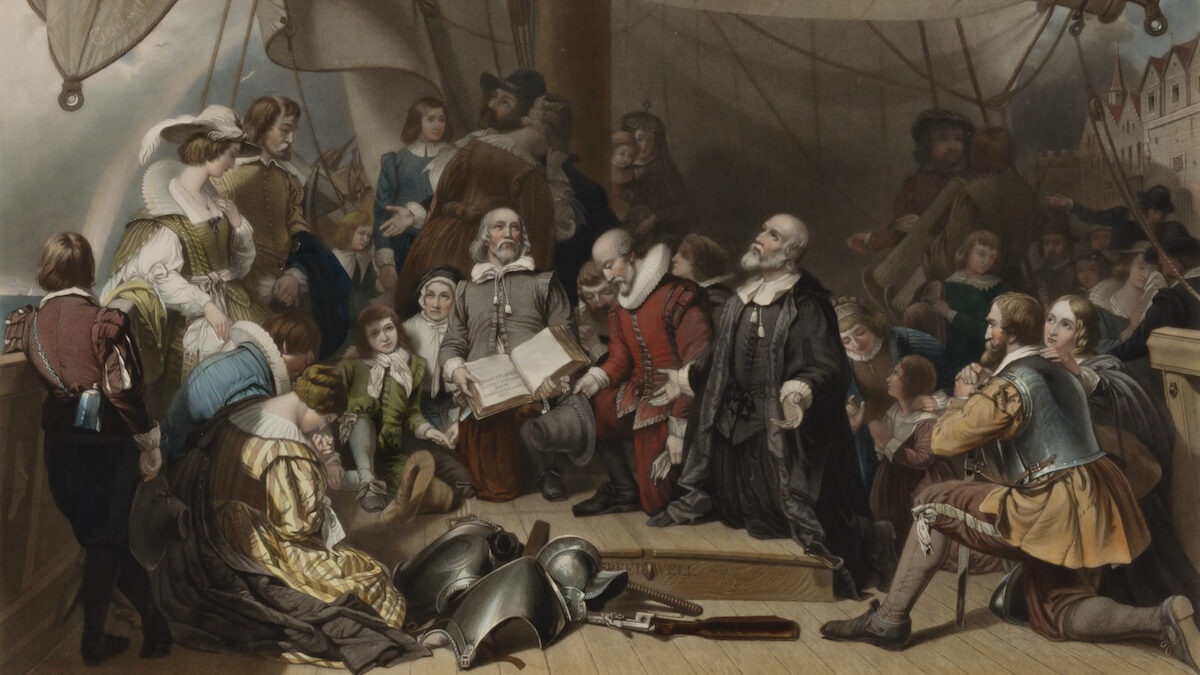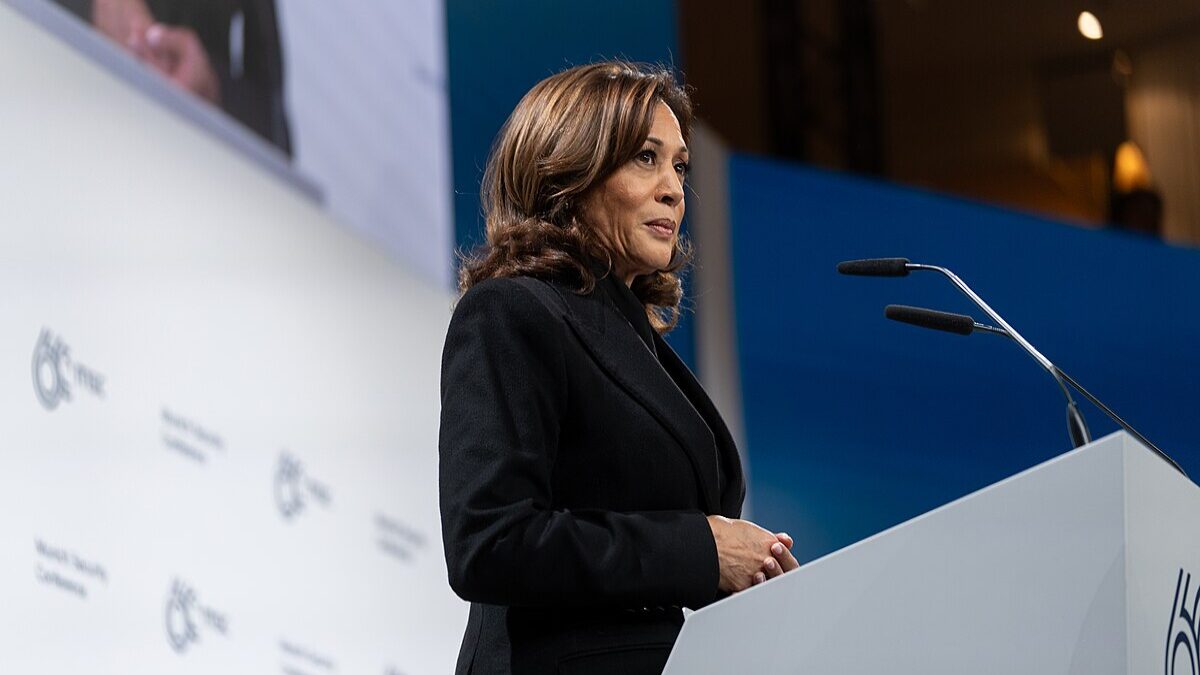Last weekend, Rob Reiner’s new documentary, “God & Country,” debuted in theaters nationwide. The movie, which attempts to explain why Christian nationalism is a threat to democracy, uses a number of politically progressive self-identified Christians to attack politically conservative Christians. This line of attack — that Christian nationalism makes bad Christians — has been pushed by leftists and corporate media for years now, and there is perhaps no one better at pushing the popular (but dishonest) narrative than sociologist Andrew Whitehead.
Whitehead, a professor at Indiana University-Purdue University Indianapolis, is one of a cluster of aspiring public intellectuals and academics who cite a current or past affiliation with conservative evangelical Christianity to legitimize their arguments against that religion and subculture.
In his latest book, American Idolatry: How Christian Nationalism Betrays the Gospel and Threatens the Church, which was released toward the end of 2023, Whitehead takes aim at political and theological views he labels Christian nationalism. He confidently asserts that his beliefs “about the harmful nature of Christian nationalism [are grounded] in empirical, scholarly research” and that Christian nationalism makes its adherents bad Christians who struggle to serve Christians of different ethnicities and nationalities.
Whitehead is not a nobody; he is an influential academic. His earlier work boasts accolades in academia, and Whitehead is busy promoting his thesis in corporate media outlets such as Time magazine. His book boasts blurbs from progressive Christian influencers like Jemar Tisby and Beth Allison Barr. Whitehead is even getting favorable coverage from generally reasonable Christian YouTube channels such as Inspiring Philosophy. Despite the flaws of his work, Whitehead’s arguments have found an audience.
One way Whitehead makes his case is by falsely accusing Canadians of burying young First Nations students at residential schools in a mass grave, a phrase that evokes genocide and war crime. The Canadian residential schools for Indigenous youth have long been notorious for abuse and poor treatment of their students, so when possible grave sites linked to residential schools were discovered, the legacy of these schools’ treatment of students caused some to suspect the possible graves are evidence of a serious crime.
Whitehead writes that in 2021, “the unmarked graves of hundreds of Indigenous children were uncovered near a Christian boarding school in Saskatchewan, Canada. The graves contained close to eight hundred remains.” Whitehead argues that conservative Christians in the United States might follow a similar path, committing atrocities in the name of Christ.
However, there never was a mass grave found in Saskatchewan. The leader of the Cowessess First Nation, a Canadian indigenous nation near the residential school’s supposed mass grave, explicitly rejects the existence of a mass grave but does believe that ground-penetrating radar found potentially hundreds of unmarked graves. These potential unmarked graves may represent the rediscovery of an old Roman Catholic cemetery maintained by a religious order.
That did not stop some major media outlets including The Washington Post from claiming the discovery of mass graves, misrepresenting both the Saskatchewan site and others, before quietly retracting their claim. A wave of vandalism of Catholic churches followed. With the claims of mass graves now widely accepted as false, some are now defending the media coverage of these sites by arguing that only a minority of news articles about the sites contained false claims of mass graves.
However, Whitehead continues to use this false claim to promote his argument and even chooses to disseminate it further by publishing an excerpt of his book that begins with this falsehood in Red Letter Christians, a leftist Christian website.
While lying about mass graves is probably the worst thing Whitehead does in his book, the most embarrassing part is his reliance on his own bad research, largely drawing from a book Whitehead wrote with sociologist Samuel Perry, whose website characterizes him as “among the nation’s leading experts on conservative Christianity and American politics.”
His main contention is that Christian nationalism, as measured by a short survey on views of religion and politics, is a baleful influence on the real world. Whitehead’s goal is to attack conservative white Christians, so throughout his book he often refers to white Christian nationalism. But his own research shows that according to his own measure of Christian nationalism, black Americans are the most supportive racial/ethnic group of Christian nationalism. Oops.
This same measure shows that a large minority of American Jews support Christian nationalism. While more dignified researchers would at this point give up and admit that their measure of Christian nationalism is simply a bad measure, Whitehead argues it’s reasonable to think that Christian nationalism can be good or bad depending on your race, arguing that “Christian nationalism among whites primarily serves to draw sharp boundaries around who is truly ‘American,’ ensuring that the various rights and privileges of citizenship are for them alone…[but f]or Black Americans, embracing Christian nationalism tends to make them more accepting and open to the civic participation of potential out-groups.”
In other words, Whitehead thinks that black Christians generally have good political opinions and white Christians generally have bad political opinions. This is not a surprising opinion for a progressive to hold — the two groups do have big political differences! But racial political differences are nothing novel to hear about or publish about, so Whitehead chooses to argue that “Christian nationalism” causes different political beliefs among different groups.
In fact, Whitehead is insistent on this point. He argues that Christian nationalism “makes us bad Christians” from the start of the book. Throughout the book, he starts adding more and more bad things that Christian nationalism supposedly causes. Then toward the end of the book, while he argues that Christian nationalism causes racism, he finally admits there’s no good evidence that Christian nationalism causes anything, writing that people who say that all this research is founded on mere correlations are right —“[t]his is true—many of these studies cannot (and do not) say that Christian nationalism ’causes’ one to be racist. … It does not matter whether Christian nationalism encourages us to become racist or whether those with racist beliefs are drawn toward Christian nationalism.”
It seems like it should matter. If Christian nationalism does not cause anything bad, why should anybody be worried about it? Why did Whitehead claim that Christian nationalism “makes us bad Christians”? Why is he devoting his career to warning about it?
Perhaps the best thing that could be said about Whitehead’s book is that it’s unlikely many could be fooled by it. It’s clearly a dishonest book from the first page. Whitehead opens his book by saying that “[i]f your faith journey has been anything like mine, you’ve likely wrestled with some big and important questions.” Some of these questions are, “Can we be faithful Christians and critique the United States?” and “Can we be faithful Christians and celebrate this country and our citizenship?”
I don’t think these are hard questions, and I don’t think Andrew Whitehead thinks they are hard either. And I doubt the left-leaning audience for this book stays up wondering whether it’s OK for Christians sometimes to criticize the United States.
It’s a string of rhetorical questions meant to persuade the reader that the book — one that lies about mass graves and is based on shoddy research — is the result of careful scholarship and moral reflection, rather than a partisan hack job. The only people who could take this book seriously are the people who want to be fooled by it.









